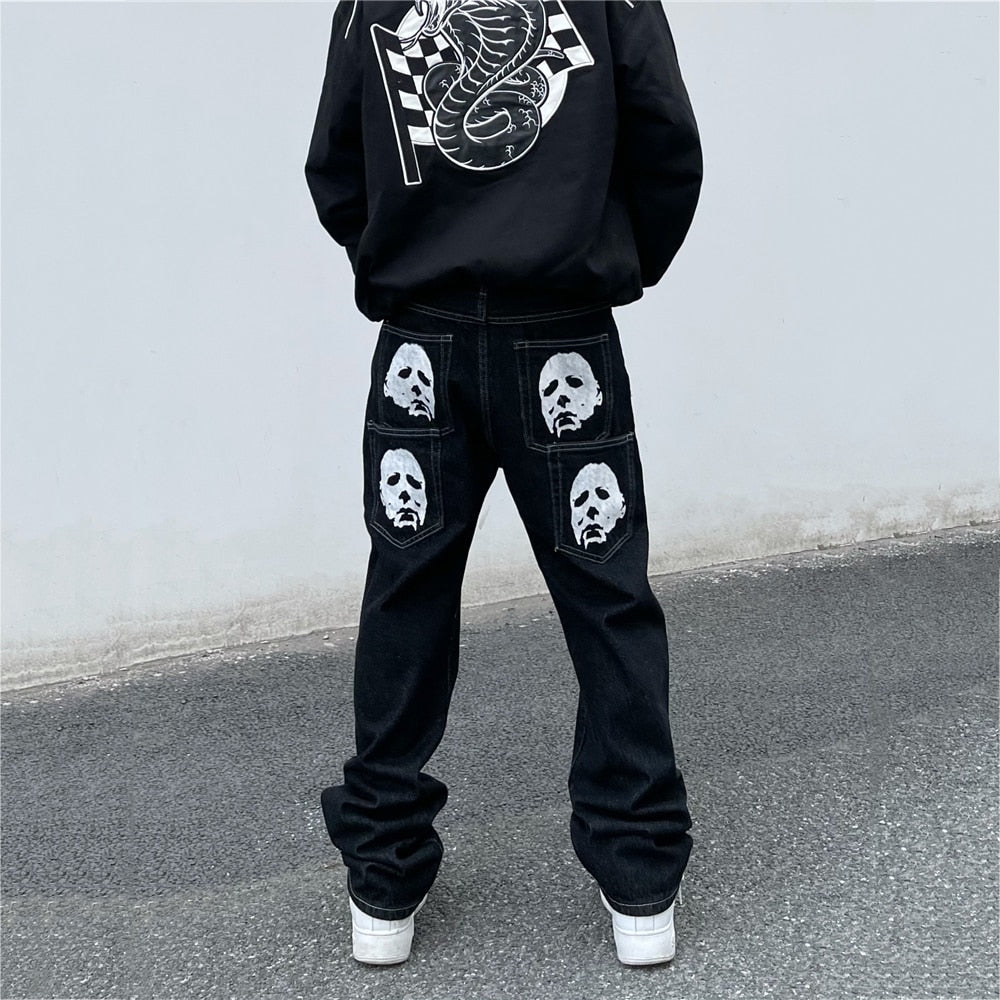Is y2k gay?
Is y2k gay? Exploring the Relationship Between Y2K and Sexual Orientation
Understanding the Origins of the Y2K Buzz
In the late 1990s, a phenomenon known as Y2K captured the world's attention. It refers to the fear that computer systems would fail as the clock struck midnight on January 1, 2000, due to a programming bug. While the Y2K bug turned out to be largely overhyped, there is a fascinating aspect of Y2K that often goes unnoticed - its relation to sexual orientation.
During the Y2K era, the term "gay" was often used as a slang expression to describe something as being undesirable or "lame." It became a commonly used term to criticize or dismiss things. However, this usage of the word "gay" had nothing to do with sexual orientation; instead, it was a reflection of the prevailing linguistic trends of that time.
The Evolution of Language and its Impact
Language is ever-evolving, influenced by cultural, social, and historical factors. The Y2K era was no exception, as it witnessed the emergence of new slang and colloquial expressions. However, it is essential to remember that language is a tool for communication, and meanings can change over time. The colloquial use of "gay" during Y2K was not meant to be derogatory towards the LGBTQ+ community, but rather a cultural expression that has since evolved.
While it's important to recognize the impact language can have on marginalized communities, it's also crucial to understand the context and evolution of language to appreciate the nuances behind certain linguistic choices during a specific era.
In conclusion, the association between Y2K and sexual orientation is tangential at best. The use of "gay" during the Y2K era was a linguistic trend that emerged as part of the evolving colloquial language of that time, rather than a deliberate link to sexual orientation.
Embracing Change and Moving Forward
The Y2K era was a significant cultural milestone that sparked discussions about technology, fear, and societal reactions. In retrospect, it is essential to recognize the impact of language and strive for inclusivity in our communication. As we continue to evolve and grow as a society, it becomes our collective responsibility to understand the history of language and use it consciously with respect for all individuals.
Let us embrace change and foster an environment of understanding and inclusivity, where everyone feels valued and respected, regardless of their sexual orientation or any other aspect of their identity. Together, we can create a society that is truly inclusive and uplifting for all.
Recognizing the Importance of Inclusive Language
The Y2K era serves as a reminder of how language can change and impact different communities. It highlights the importance of using inclusive language to create an environment of acceptance and respect.
Inclusive language acknowledges and respects the diversity of individuals, including their sexual orientation. It promotes equality, fosters empathy, and helps create a society that is more understanding and inclusive.
Breaking Stereotypes and Challenging Prejudices
One of the critical ways to build a more inclusive society is by challenging stereotypes and prejudices associated with different sexual orientations. By using inclusive language and promoting acceptance, we can dismantle negative stereotypes and ensure that every individual is valued for who they are.
It is important to foster an environment where individuals feel safe and accepted, regardless of their sexual orientation. By debunking stereotypes and embracing diversity, we can create a society that celebrates the unique experiences and identities of all its members.
By actively challenging prejudices and biases, we can contribute to a more accepting and inclusive society that celebrates and embraces individuals, regardless of their sexual orientation.
The Power of Language in Shaping Our Society
Language has the power to shape societies, narratives, and experiences. By using inclusive language and challenging the status quo, we can influence positive change in how society perceives and treats people of different sexual orientations.
It is our responsibility to be mindful of the words we use and the impact they have on others. By promoting inclusivity through our language, we can contribute to a more accepting and supportive society for everyone.
Let us recognize the power of language and use it to uplift and empower individuals of all sexual orientations, contributing to a more inclusive and compassionate world.
Embracing Inclusivity for a Brighter Future
Y2K may not have had a direct relationship with sexual orientation, but it serves as a reminder of the importance of inclusivity and acceptance in our society. By celebrating diversity, challenging stereotypes, and using inclusive language, we can create a world where everyone feels valued and respected, regardless of their sexual orientation.
Creating Safe Spaces and Promoting Acceptance
Creating safe spaces where individuals of all sexual orientations feel accepted and supported is essential. By educating ourselves about different sexual orientations, challenging our biases, and fostering a culture of acceptance, we can ensure that everyone feels safe and valued for who they are.
Through open dialogue, awareness campaigns, and inclusive policies, we can work towards a future where every individual, regardless of their sexual orientation, can thrive and be their authentic selves.
Let us actively work towards creating a society where inclusivity is celebrated, and all individuals are accepted for who they are.
Continuing the Journey Towards Equality
The journey towards equality is ongoing, and it requires collective effort and commitment. By standing up against discrimination, advocating for equality, and promoting inclusivity in our language and actions, we can move closer to a society where everyone is treated with respect and dignity.
As we reflect on the Y2K era and its linguistic trends, let us use it as a reminder of the power of language and the impact it can have on individuals and communities. Together, let us continue the journey towards a more inclusive and equal future.
In conclusion, while the Y2K era may not have a direct relationship with sexual orientation, it serves as a valuable reminder of the importance of language, inclusivity, and acceptance. By recognizing the impact of our words and actively promoting equality, we can create a society that celebrates and respects all individuals, regardless of their sexual orientation.









Leave a comment
All comments are moderated before being published.
This site is protected by hCaptcha and the hCaptcha Privacy Policy and Terms of Service apply.